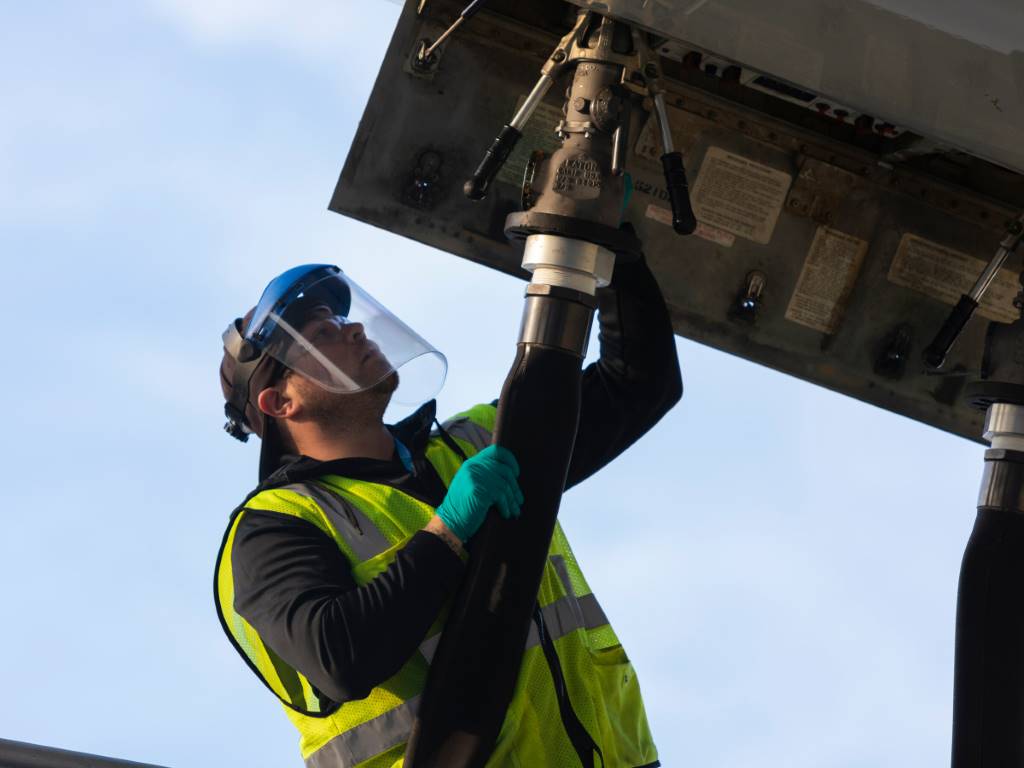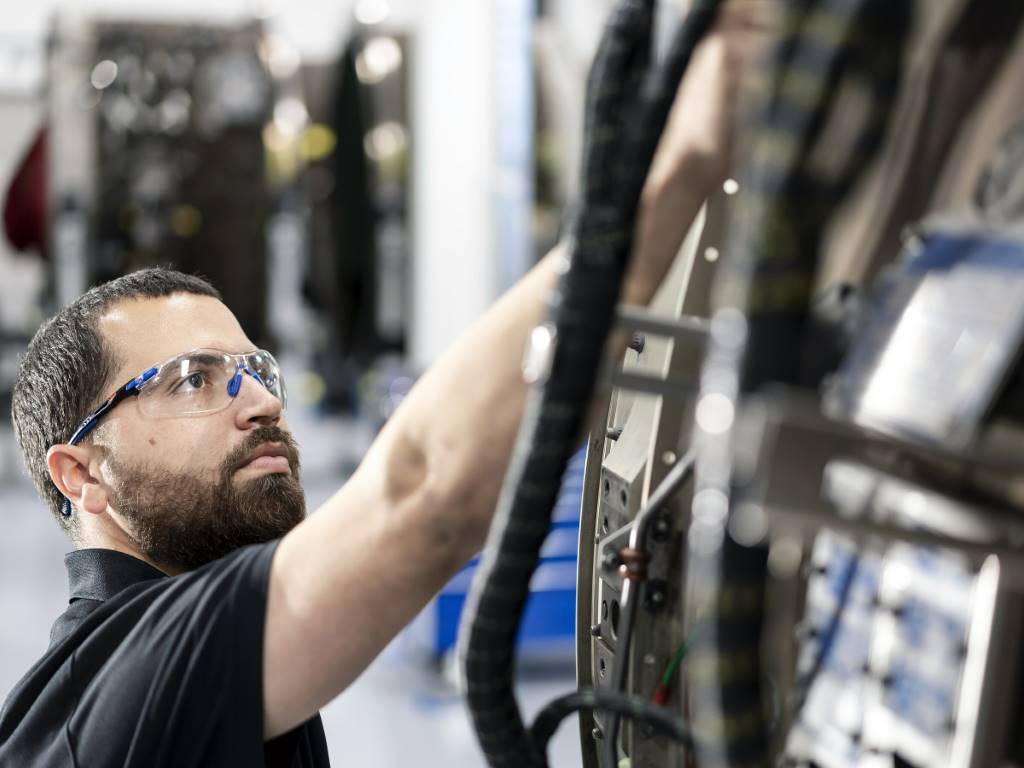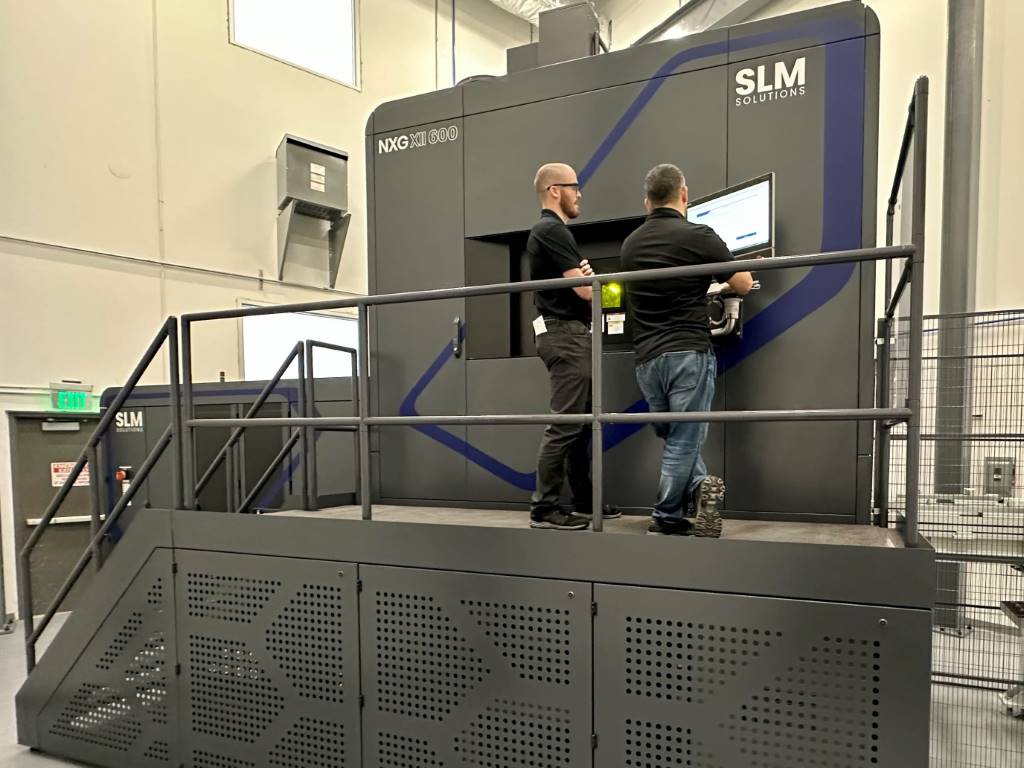Setting new quality standards
West Midlands-based coatings specialist, Armoloy (UK) says it is pushing ahead on three fronts in order to conform and maintain the high standards required by the aerospace industry.
In recognition of the ongoing requirements for both employees and the external environment, Armoloy (UK) applies its Armoloy Nodular Thin Dense Chromium (NTDC) to finished component tolerances, adding the benefits of hardness, lubricity and enhanced corrosion resistance to precision machined items and assemblies.
The company is currently working tirelessly to achieve full accreditation to the REACH legislation formulated by ECHA, the European Chemicals Agency, which is now widely accepted by the international community. This legislation is designed to minimise the risk from ongoing exposure to harmful processes where no alternative is readily available.
“We at Armoloy are fully committed to do all that is required to comply with the new REACH legislation,” states managing director, Steven Cooper. “We feel that the regulations will benefit the coating community and we will be in a position to continue to supply our product to not only our aerospace customers but also to others who have taken advantage of the benefits of this exceptional coating.”
To this end, Armoloy has commissioned its REACH consultants, REACHReady.co.uk to undertake an assurance survey on all aspects of Armoloy's operations. It intends to satisfy these objectives and move forward in its REACH Compliance Programme and onto the Registration and Authorisation stages, for submission to ECHA. Having now completed the survey, Armoloy is currently liaising with all its relevant registered suppliers in order to ensure complete compliance and ongoing authorisation.
Reaping the rewards
Armoloy has also confirmed the results of its latest Nadcap audit. Once again this premium form of quality recognition has been achieved, but on this occasion, the company has announced it has achieved the award of Merit status based on the completed audit.
“We are very proud to have earned the merit status,” adds Cooper. “We have worked hard and continue to strive to improve our efficiency and standards to meet the high demands of the aerospace industry.”
Nadcap quality assurance recognition, awarded by the Performance Review Institute (PRI), is the highest standard and most significant accreditation in the global aerospace field and is fully accepted by all members of the international aerospace community. It is also recognised by all other industries where the highest standards of quality assurance are basic necessities.
Armoloy (UK) has also recently successfully renewed its AS9100 Rev. C accreditation and the relevant ISO certification, and is therefore able to comply with the most arduous standards and requirements for both current projects and those continuing on into the future.
The company's current involvement includes the coating of numerous components involved with various Airbus and Boeing aircraft builds, Bell and AgustaWestland helicopters and the Lockheed Martin Lightning II joint strike fighter. Armoloy's intention is to confirm its NTDC coating's abilities, its availability and its assured continuity of supply over the coming years.
A significant additional advantage of the Armoloy process over other technologies is that it is essentially a cold process, with no stage of the coating application exceeding 70°C, therefore ensuring that no distortion takes place. Armoloy's process enables it to achieve coating tolerances of ±1 or 2µm.
Armoloy NTDC can also be processed in accordance with AMS2438, AMS2460 (successor to QQ-C-320), DGS-PS-5250, ISO-6158 and various other NATO, DEF-STAN and Nuclear approved specifications. NTDC also has US FDA and European Certificate of Compliance for use on food and pharmaceutical products. Extensive toxicological testing has also been carried out to further ensure the safety of the coating in service.
www.armoloy.co.uk













